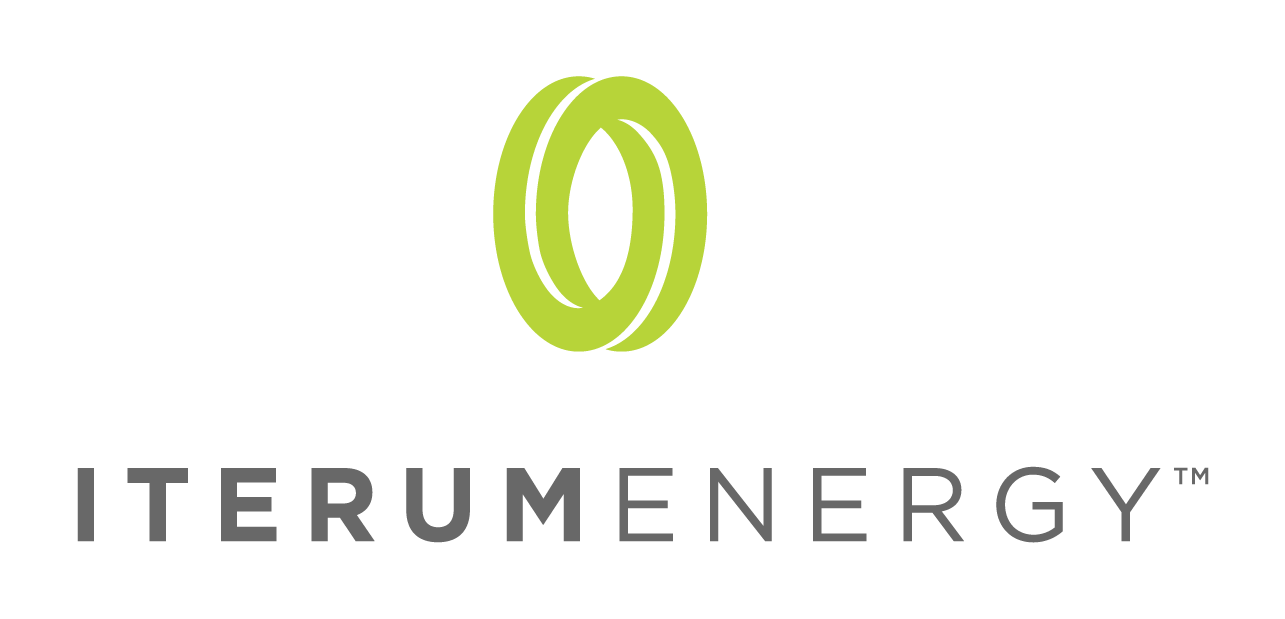An Introduction to Solar Thermal Energy
[ Invest in green energy with ITerum Energy. It's easy and affordable! ]
If you've ever been out in the summer sun and felt the heat on your skin, you're experiencing solar thermal energy firsthand. Solar thermal energy is renewable energy that harnesses the sun's power to generate heat. This heat can then be used to warm up water or air or to power solar thermal electric generators. Solar thermal energy is a very efficient way to generate renewable energy, and it's growing in popularity worldwide. So let's take a closer look at how solar thermal energy works.
How Solar Thermal Energy Works
Solar thermal energy systems collect and store the sun's heat in a fluid, which can then be used to generate electricity or heat water or air. There are two central solar thermal systems: photovoltaic systems, which convert sunlight into electricity, and thermal systems, which capture the sun's heat to generate warmth. Solar thermal systems are most commonly used to heat water or air but can also generate electricity. Solar thermal collectors are usually mounted on roofs to maximize their exposure to the sun.
There are two main types of solar thermal collectors: flat plate collectors and evacuated tube collectors. Flat plate collectors are the most common type of solar thermal collector. They consist of a series of metal plates coated with a material that absorbs sunlight well (such as black paint). These plates are mounted in an insulated box, and circulating fluid (such as water) is passed through the box to absorb the heat.
Evacuated tube collectors are made up of a series of tubes coated with a material that absorbs sunlight well (such as copper). These tubes are arranged in an evacuated (or vacuum-sealed) chamber, which helps insulate them and keeps them from losing heat. As with flat plate collectors, circulating fluid is passed through the tubes to absorb the heat.
Applications for Solar Thermal Energy
Solar thermal energy can be used for various applications, including powering homes and businesses, heating water, providing space heating and cooling, and generating electricity. Solar thermal systems are particularly well suited for applications that require a large amount of heat, such as industrial processes or district heating.
Solar Thermal Electric Generators
Solar thermal electric generators use solar panels to convert sunlight into electricity. These solar panels absorb sunlight and convert it into direct current (DC) electricity. The DC electricity is then passed through an inverter, which converts it into alternating current (AC) electricity - the electricity used in homes and businesses.
Solar thermal electric generators are usually much larger than either flat plate or evacuated tube solar collectors because they need to capture a lot of sunlight to generate enough electricity to be useful. In addition, they are often mounted on large tracking systems to follow the sun across the sky and maximize their exposure to sunlight.
Solar Water Heating
Solar water heating systems use the sun's heat to warm water for domestic or commercial use. Solar water heaters typically have two parts - a collector to absorb the sun's heat and a storage tank to hold the heated water. The collector is usually mounted on the roof, and the storage tank is generally located in an adjacent room. Solar water heaters can be used in cold and hot climates and are typically less expensive than electric water heaters.
Solar Air Conditioning
Solar air conditioning systems use the sun's heat to cool air for building ventilation. Solar air conditioners work by circulating refrigerant through a solar collector, where the sun's radiation heats it. The refrigerant then passes through a compressor, where it's cooled and circulated back through the solar collector. Solar air conditioners are more expensive than traditional air conditioners but are much more efficient and have lower operating costs.
Conclusion
Solar thermal energy is a versatile renewable energy source that can power homes and businesses, heat water, provide space heating and cooling, and even generate electricity. Contact your local solar installer today to learn more about your options if you're interested in exploring solar thermal energy for your home or business.
